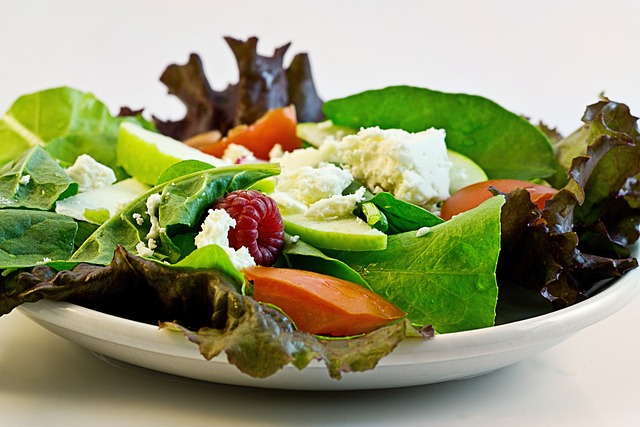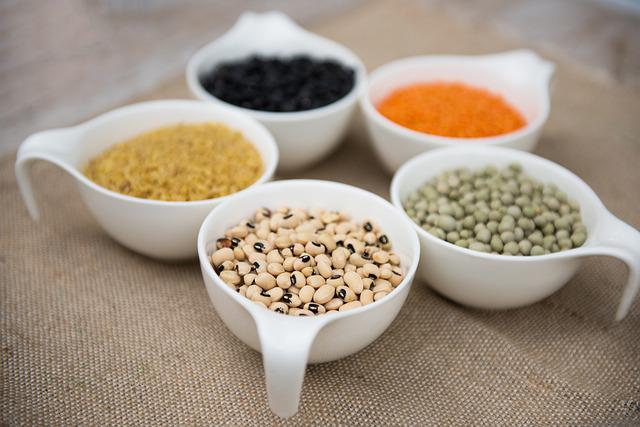Let’s find out what are the pros and cons of Zero Belly Fat diet, but first, we have a shopping list for you.
Click Here to Read Part 1 of Zero Belly Fat Diet
Shopping List
Despite the plan’s limits, you can eat a wide variety of compatible items on the Zero Belly Diet. The shopping list below offers options for getting started with the program. Please keep in mind that this shopping list is not exhaustive, and you may find that other foods work better for you.
- Greens with dark leaves (kale, spinach, bok choy, arugula)
- Vegetables in vibrant colors (broccoli, eggplant, bell peppers, beets, tomatoes)
- The red fruit (berries, red grapefruit, Pink Lady apples, tart cherries, watermelon, plums, and peaches)
- Fish and meat that is lean
- Complete grains (brown rice, oats, quinoa)
- Legumes (black beans, pinto beans, chickpeas, lentils) (black beans, pinto beans, chickpeas, lentils)
- Avocados
- Extra virgin olive oil
- Seeds and nuts (almonds, walnuts, cashews, chia seeds, flaxseeds)
- Eggs
- Spices (turmeric, paprika, cumin, oregano, coriander) (turmeric, paprika, cumin, oregano, coriander)
- Protein powder made from plants
- Grass tea
- Chocolate, dark
The Benefits of the Zero Belly Fat Diet
There are various advantages to the Zero Belly Fat Diet.
Focuses on full, healthful foods: The Zero Belly Diet prioritizes entire foods, including fish, colorful fruits and vegetables, whole grains, and legumes, while avoiding processed foods and refined sugar. The regimen is healthful and balanced, and it should fulfill the majority of your nutritional requirements.
Included nutritious protein: Lean meats and eggs are recommended for a high protein intake. Smoothies created with plant-based protein powder are also part of the diet. This may help you avoid hunger while on a diet.
Encourages physical activity: A focus on physical exercise, particularly strength training, can help you build muscle, which will enhance your metabolism and aid weight loss.
Weight loss: Losing weight overall can help reduce the amount of fat in the belly, which can benefit long-term health. Visceral fat, or fat that develops around the belly, has been related to a range of chronic health disorders, according to research.
Health benefits: People with greater visceral abdominal fat can develop diabetes since they are more likely to develop insulin resistance and high blood glucose levels. Excess belly fat has also been linked to high blood pressure, high cholesterol, and an increased risk of heart disease, according to research.
The Negatives of the Zero Belly Fat Diet
There are certain drawbacks to the Zero Belly Diet to consider.
Unscientific claims are made: The Zero Belly Diet is less successful or efficient in reducing belly fat than other diet programs. Despite what numerous products and programs promise, no diet can particularly target belly fat. This is because it is impossible to target and eliminate fat in specific parts of the body.
It may be challenging to keep up: Long-term compliance with the Zero Belly program may be difficult for certain people (even with its allowed indulgence once a week). Some anecdotal reports complain about a lack of food options, while others say that reducing processed foods and increasing physical activity can provide similar benefits.
Unnecessarily restricts healthful foods: Unless you have a gluten or dairy allergy, sensitivity, or celiac disease, it is not necessary to eliminate these from your diet. Remember, whole wheat is a good source of fiber and other minerals. Dairy products are high in protein and calcium, both of which are important for bone strength.
Deficiencies in critical nutrients: Such as vitamin B12 and folate, have been linked to a wheat-free diet, according to research.
Deficiency in calcium intake: If you opt to exclude dairy from your diet, make sure you receive enough calcium from other foods, including soy, fortified cereals, leafy greens, legumes, nuts, and seeds.


Could create a negative relationship with food: Furthermore, stringent, highly-restricted diets are not recommended for those who have experienced or are prone to develop an eating disorder since they can lead to an unhealthy obsession with food.
Is the Zero Belly Fat Diet a Good Option for You?
The Zero Belly Diet program’s methodology is not entirely novel. For example, the Sugar Busters diet recommends avoiding most processed meals in favor of whole foods and good fats, but the Flat Belly Diet claims to help you shed belly fat by consuming nutritious foods and fats.
According to the United States Department of Agriculture’s 2020-2025 Dietary Guidelines for Americans, fill half of your with fruits and vegetables and the other half with whole grains like brown rice and a serving of protein.
The USDA also recommends diversifying your protein consumption by including beans, lean meats, and seafood. Fruits and vegetables, entire grains and legumes, and lean meats and fish are all part of the Zero Belly Diet.
With the exception of dairy and wheat limitations, the Zero Belly Diet follows federal requirements for a healthy, balanced diet. Unless you have an allergy, sensitivity, or celiac disease, it is not necessary to exclude gluten, grains, and dairy products from your diet. There is no scientific evidence that doing so will aid in weight loss.
Most nutrition and health experts recommend a well-balanced diet combined with frequent exercise to reach your weight loss goals efficiently. The number of calories intake depends on your age, gender, height, weight, and amount of physical activity.
There are some apps you can find to help you calculate how many calories you should consume each day.
To Conclude
The Zero Belly Fat Diet will most likely cause you to lose weight all over your body, not just your belly. The program includes nutritional diets and emphasizes strength-training exercises to promote weight loss, muscle tone, and overall wellness.

However, you are not required to follow this precise food plan in order to lose weight (including abdominal fat). Other programs, such as WW (Weight Watchers), may be easier to follow in order to encourage long-term weight management.
Remember that following a diet, either long-term or short-term, may not be necessary for you. And many diets, especially long-term diets, simply do not work. While we do not support fad diets or unsustainable weight loss approaches, we do give the facts so that you can make an informed decision that best suits your nutritional needs, genetic blueprint, budget, and goals.
If weight loss is your aim, keep in mind that reducing weight isn’t always synonymous with obtaining optimal health, and there are many other methods to achieve a healthy way of living. Exercise, sleep, and other lifestyle factors all have a significant impact on your overall health. The best diet is one that is well-balanced and fits your lifestyle.

